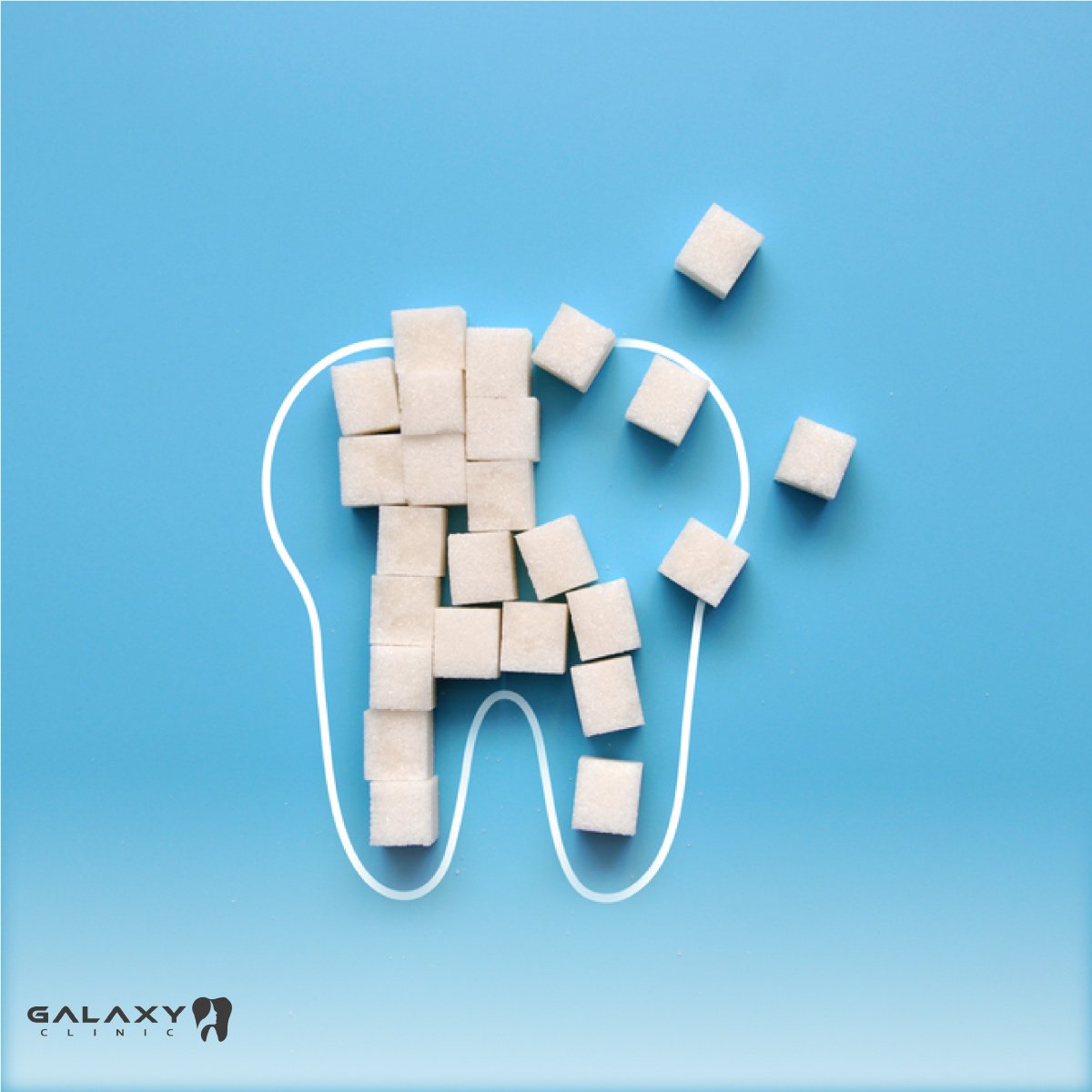Patients that are diagnosed with diabetes need to take care about their dental health as they are more prone to dental problems, because high blood sugar affects your teeth and gums. Whether you have diabetes type 1 or type 2, increased blood sugar can cause some complications. In this article we will mention how diabetes affects dental health.
Diabetes increases the risk of gingivitis
Diabetes decreases the ability to fight bacteria inside your mouth and increases acids secreted by bacteria resulting in gum damage!That’s why if diabetic patients don’t have proper oral hygiene, plaque will accumulate between your teeth causing tartar formation.
In addition, the longer the plaque remains on your teeth, the more your gums become swollen and bleed easily which are the symptoms of gingivitis.
Diabetes cause dry mouth
Saliva’s function is to trigger enzymes that fight bacteria and protect the mouth from tooth decay and gum diseases. High blood sugar level decreases the saliva production, which increases the incidence of dry mouth. Dry mouth can lead to mouth ulcers, tooth decay and gum disease.
Diabetes increases the risk of mouth infections
Thrush is a fungal infection that is considered as a common complication that may occur with diabetic patients, and it causes white or red patches on their tongue and cheeks, which may exacerbate into open sores!
Yeast and fungi thrive on sugar in your saliva, that’s why high blood sugar levels increase the risk of mouth infections.
Diabetes decreases wound healing
High blood sugar increases the risk of wounds and decreases healing time! Which means that infection incidence rate will increase.
How diabetic patients prevent dental problems:
Remaining oral hygiene is what keeps infections and gum diseases away!
Effective ways that prevent all dental complications that may happen are:
- Looking after your blood sugar level regularly.
- Maintain oral hygiene by using a toothbrush that has soft bristles, and use flossing twice daily.
- Rinse your mouth using antiseptic mouthwash.
- For those who are wearing dentures, it is recommended to remove and clean them daily.
- Check up every 6 months with your dentist to maintain your dental health.
These symptoms may indicate you have a dental problems:
- Ulcers or soreness in the gum.
- Frequency infections.
- Having bad mouth breath.
If you are diabetic, always seek medical advice to maintain proper dental health! And don’t forget to check your blood glucose level daily, to avoid glucose spikes. As it has a negative effect on your teeth and gum.


